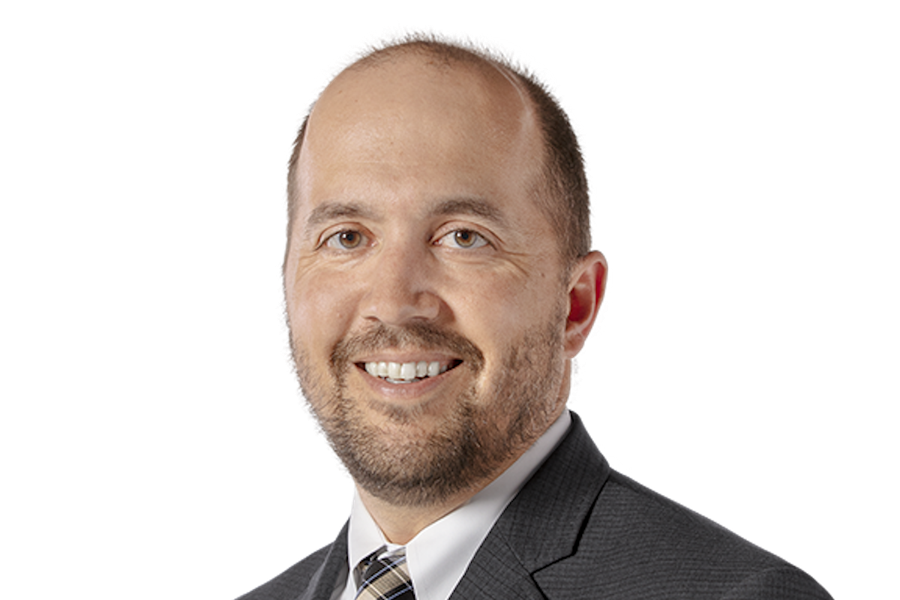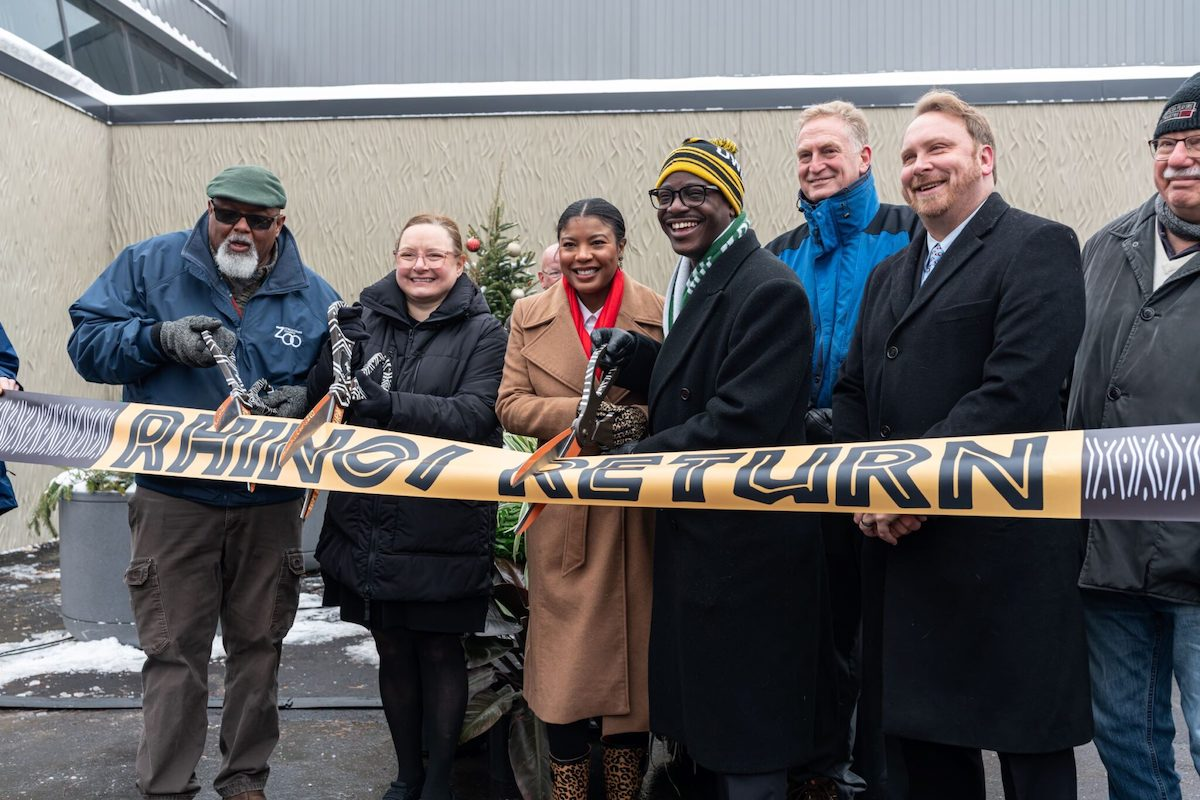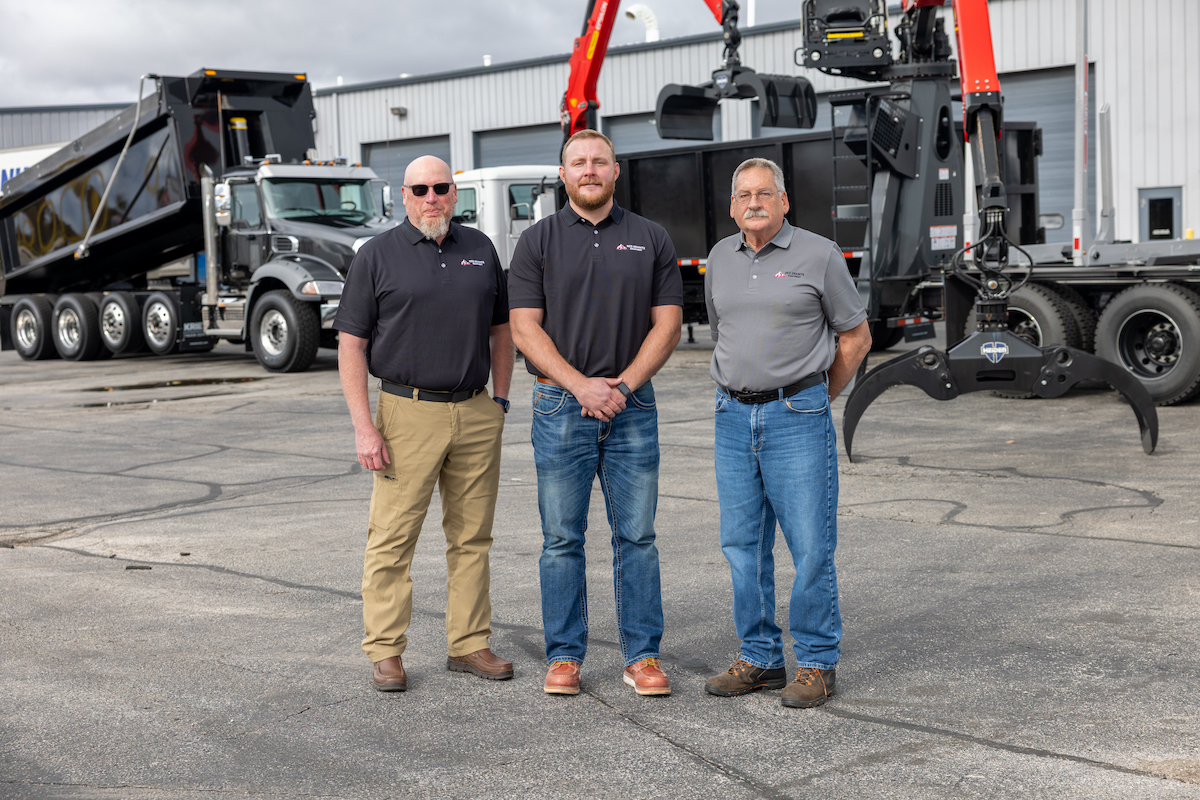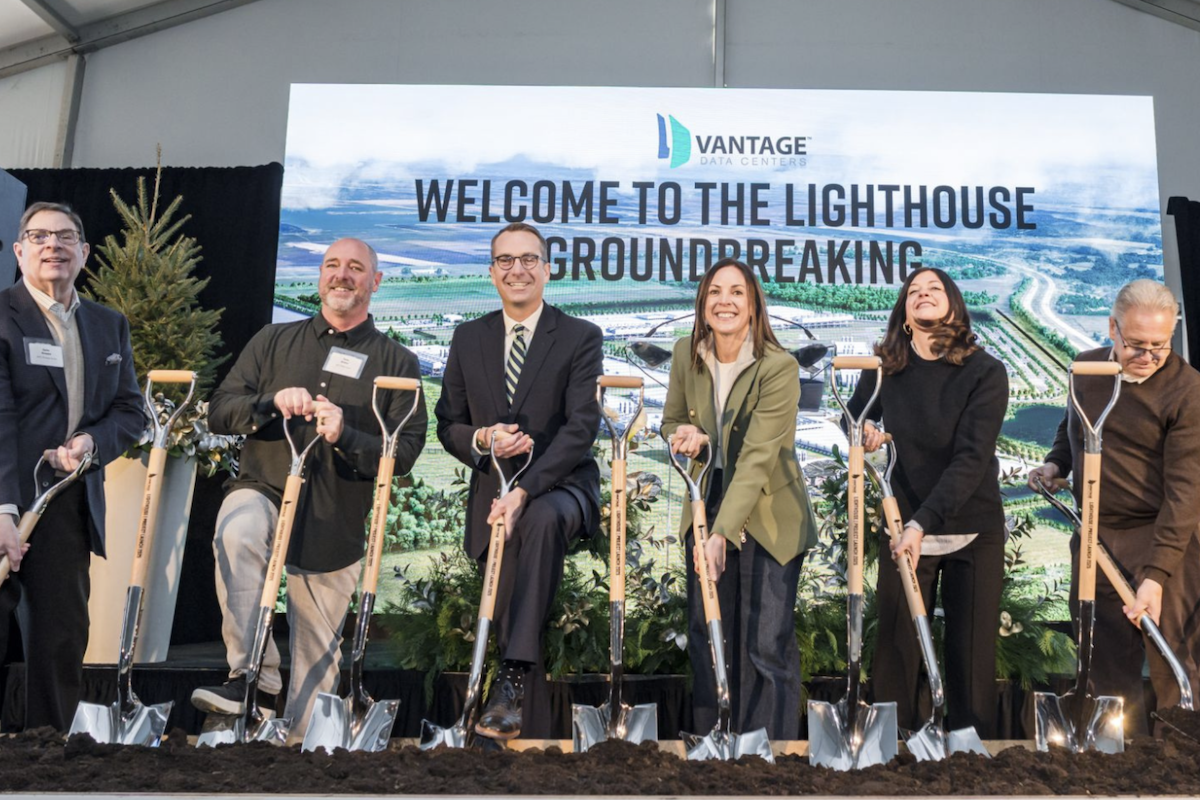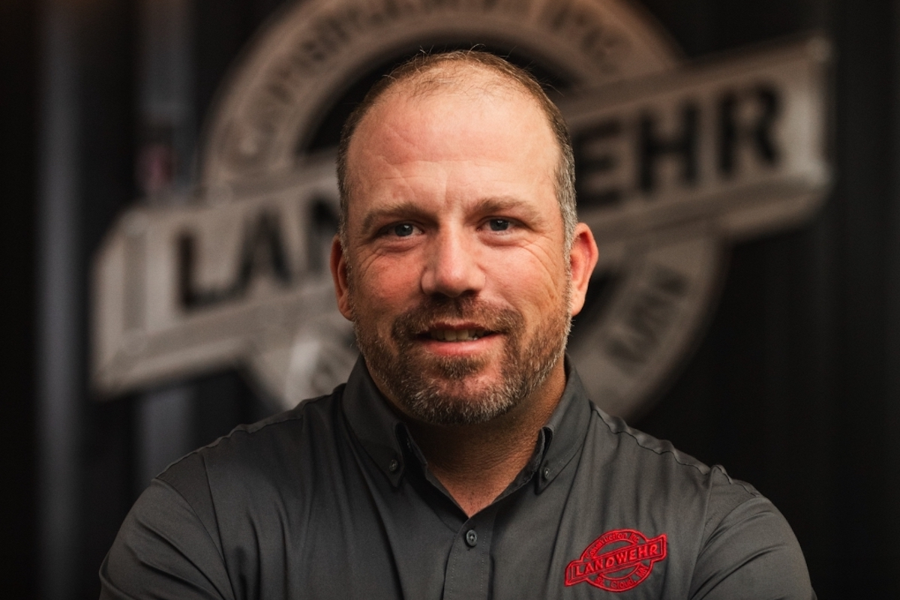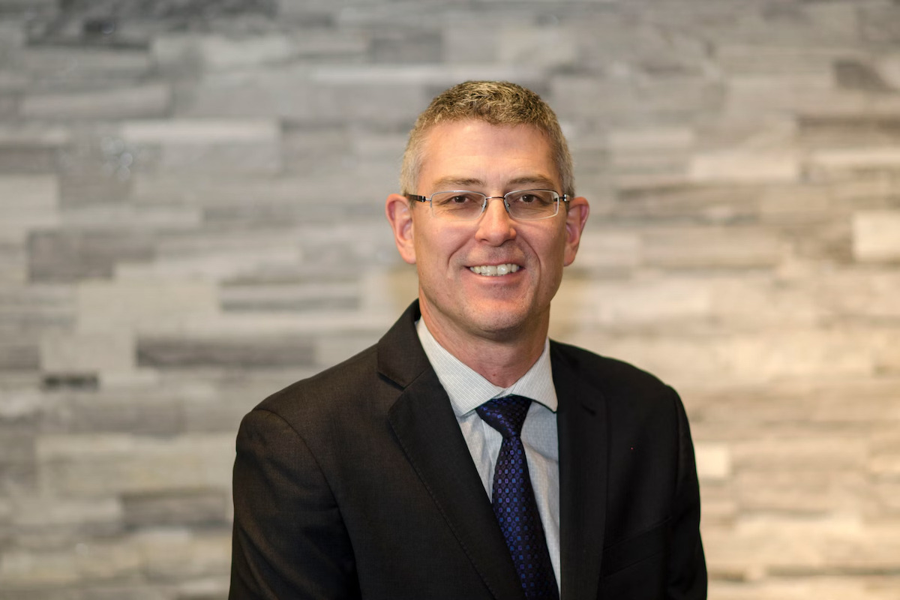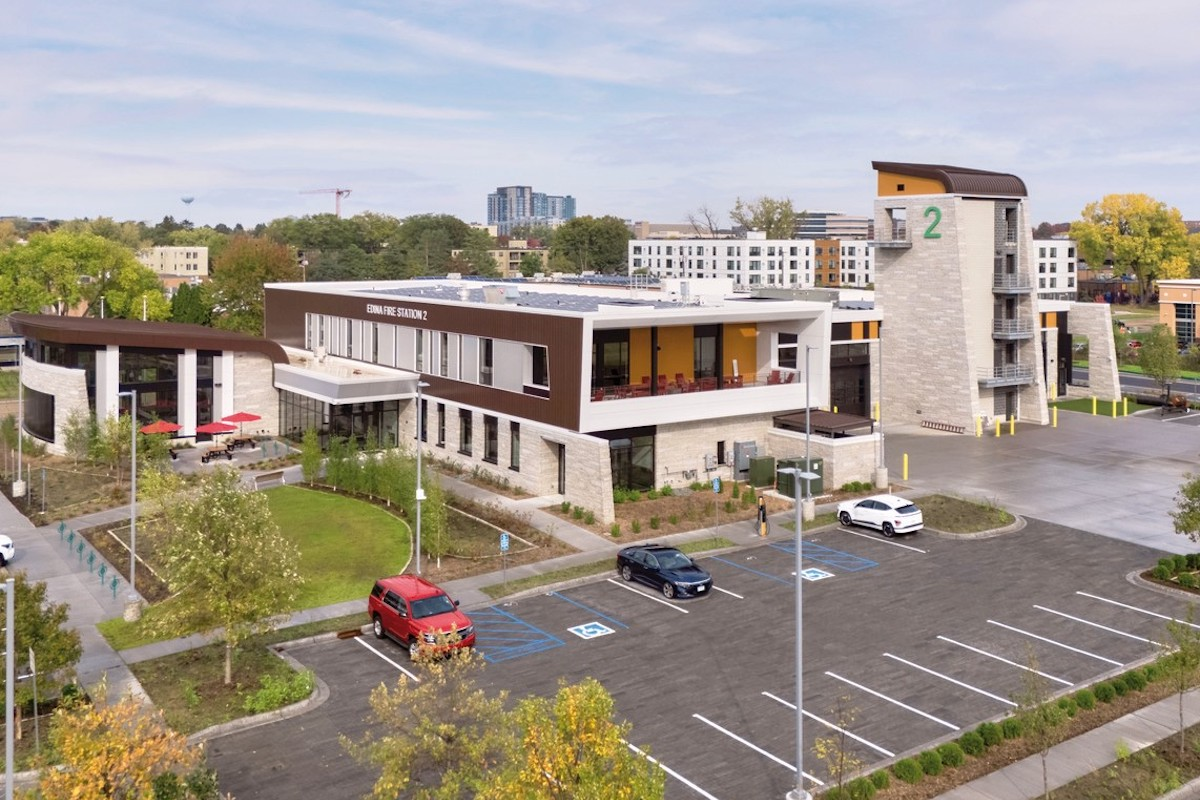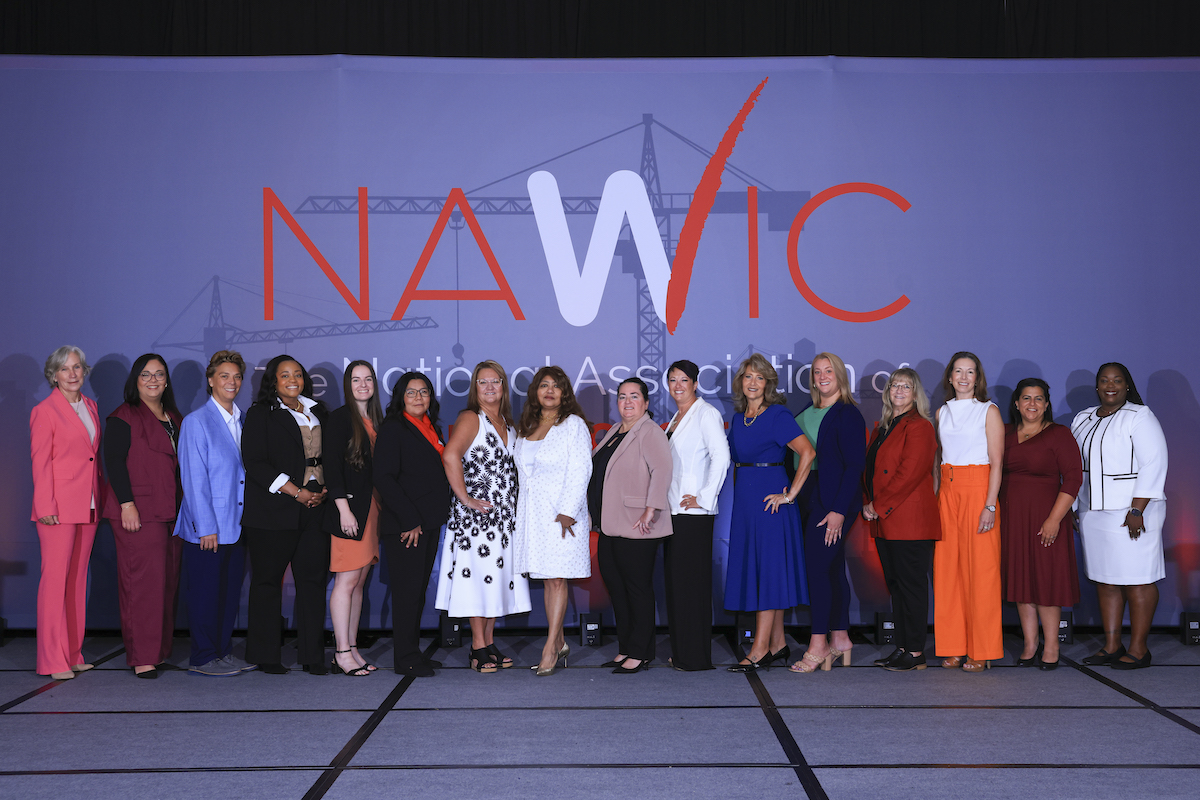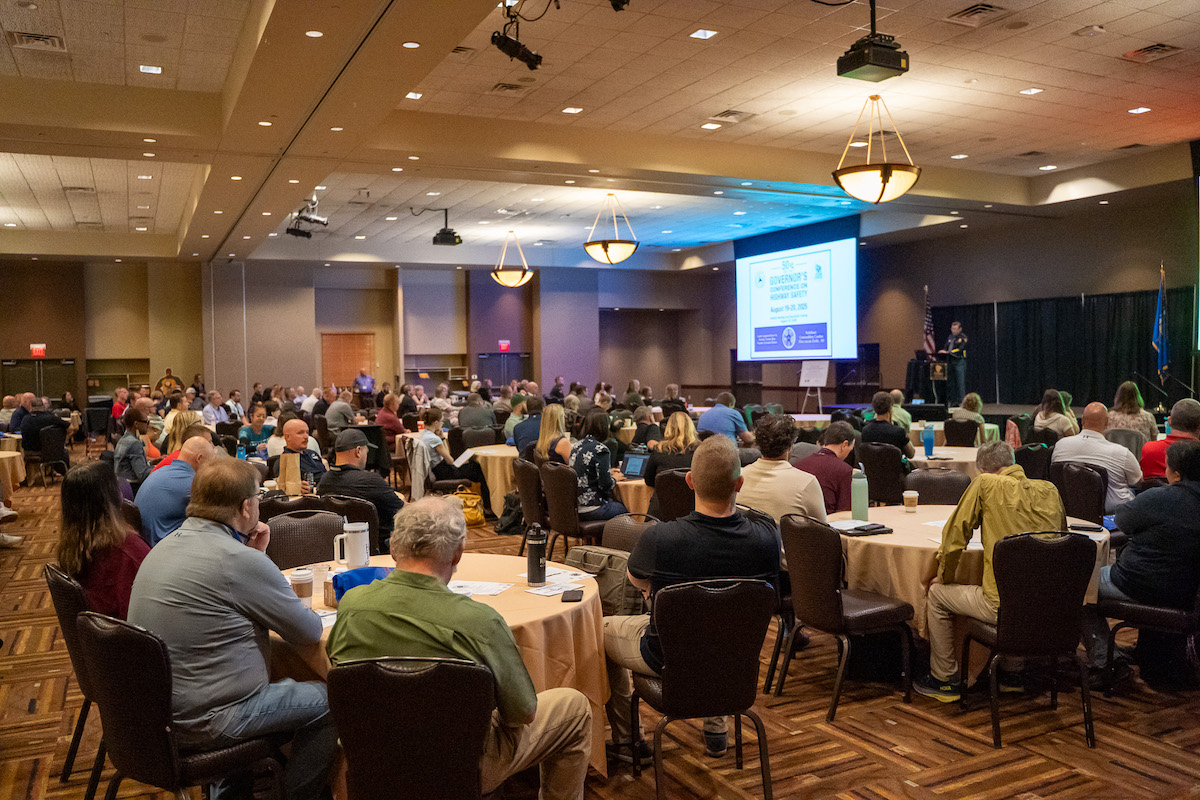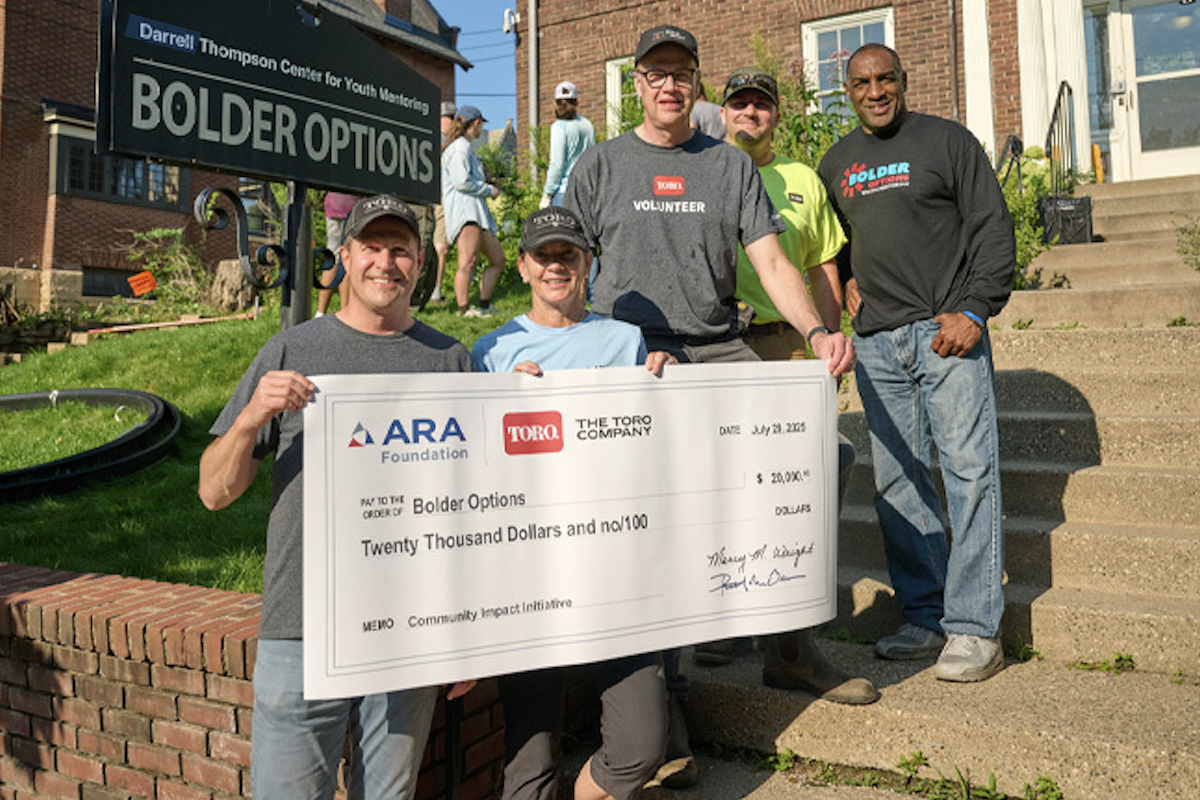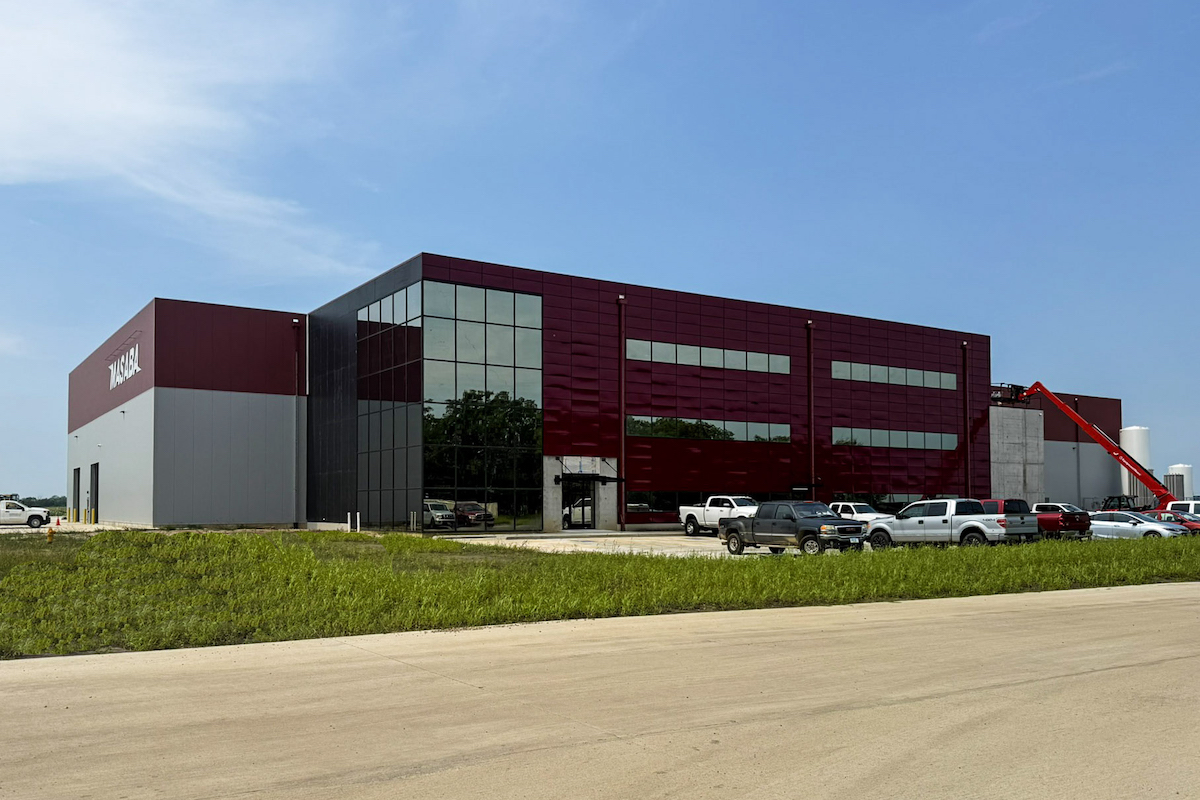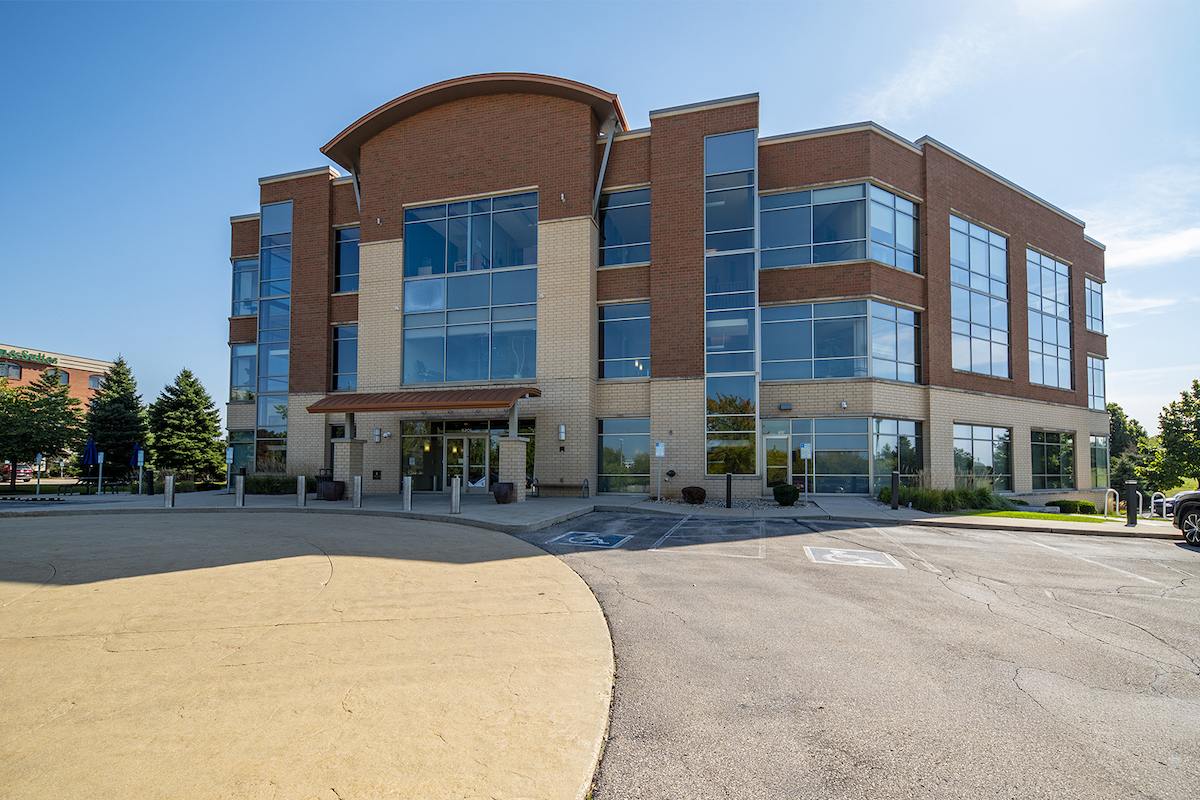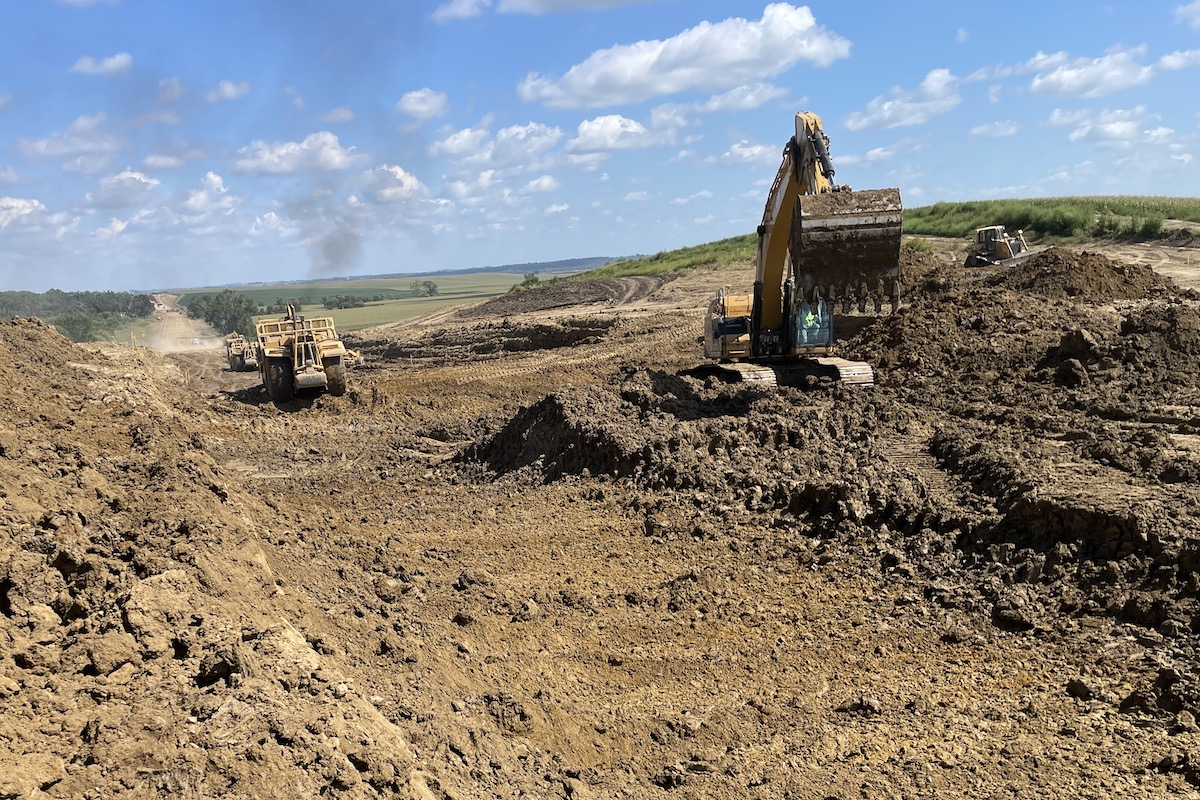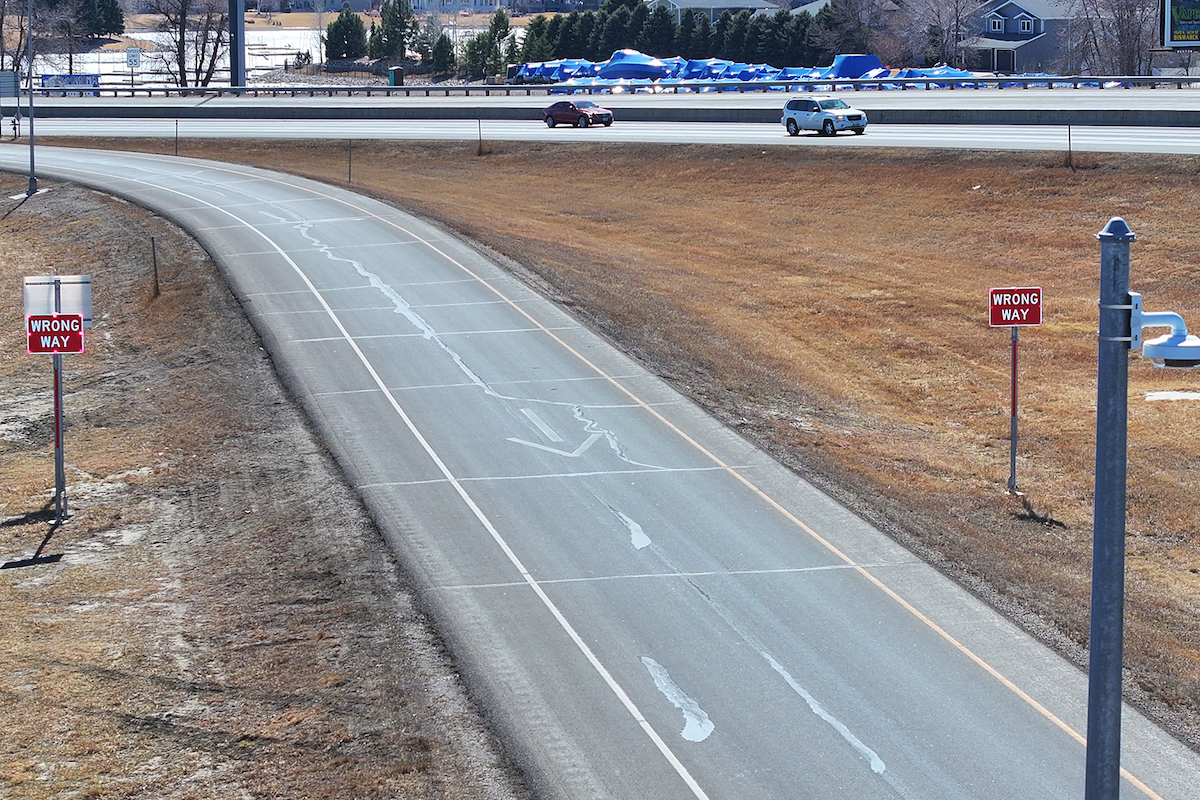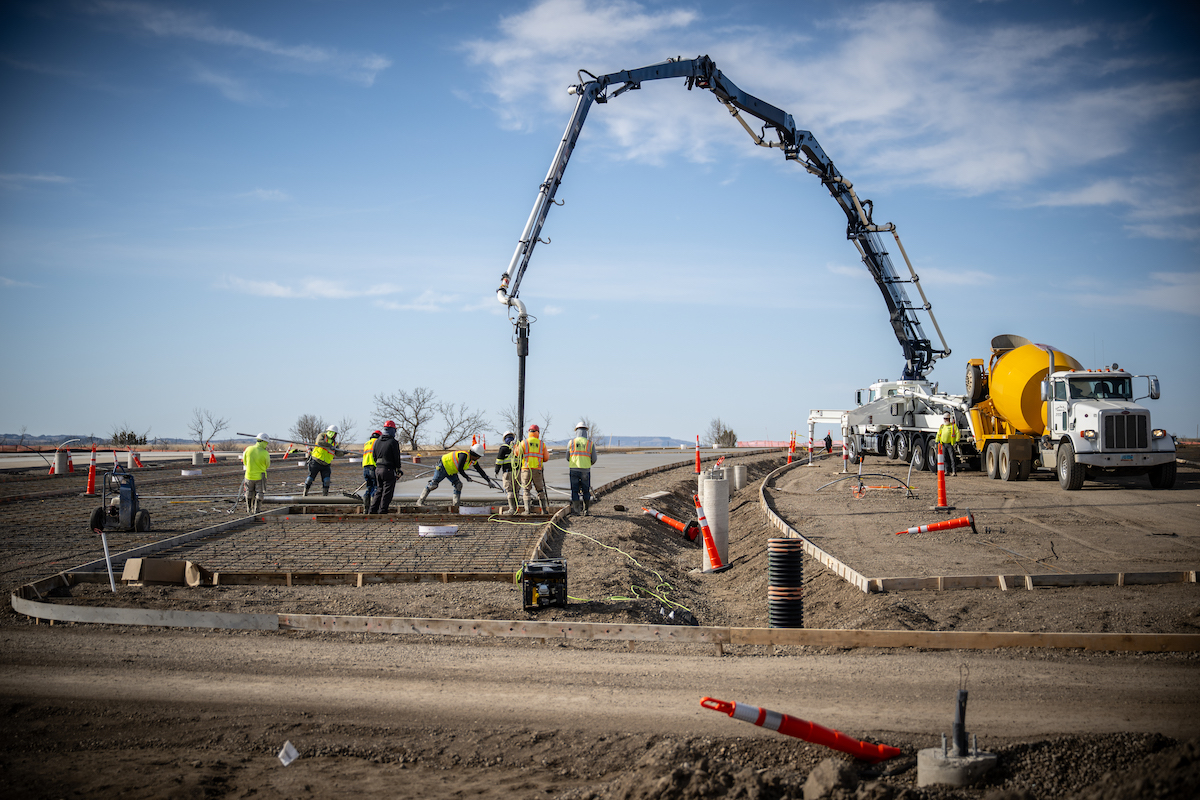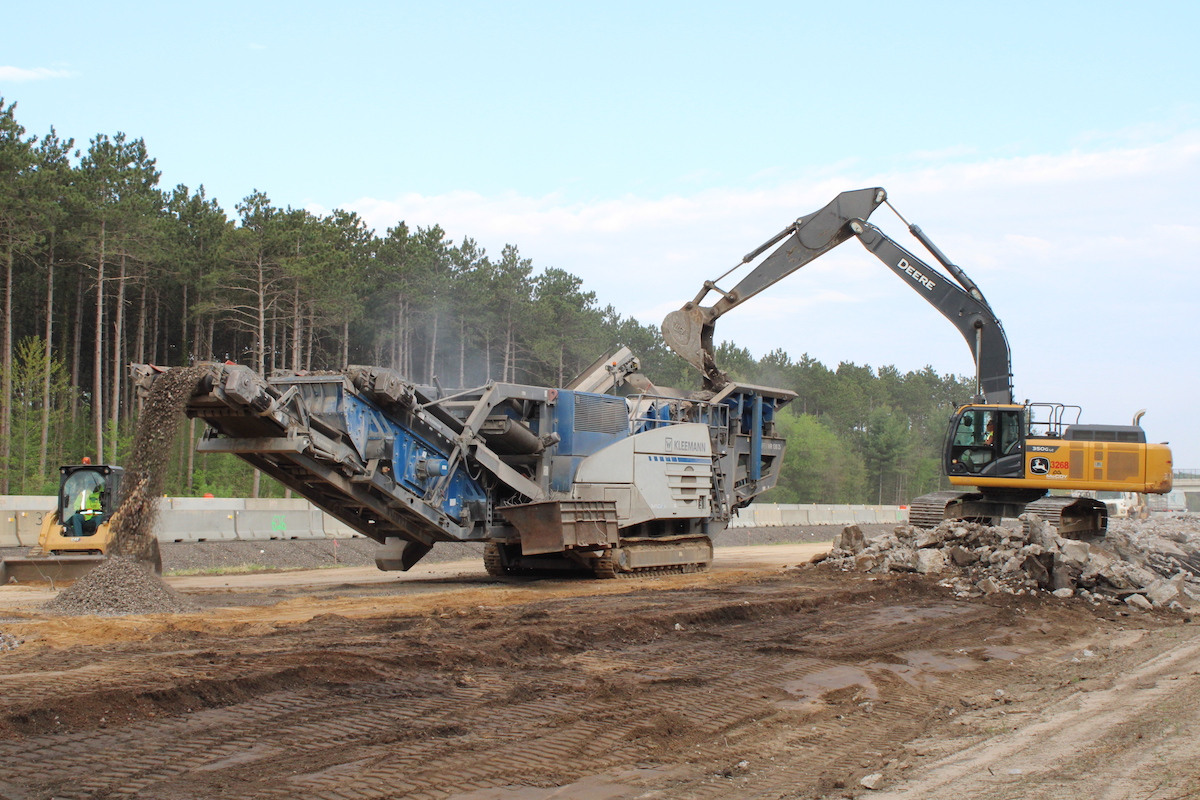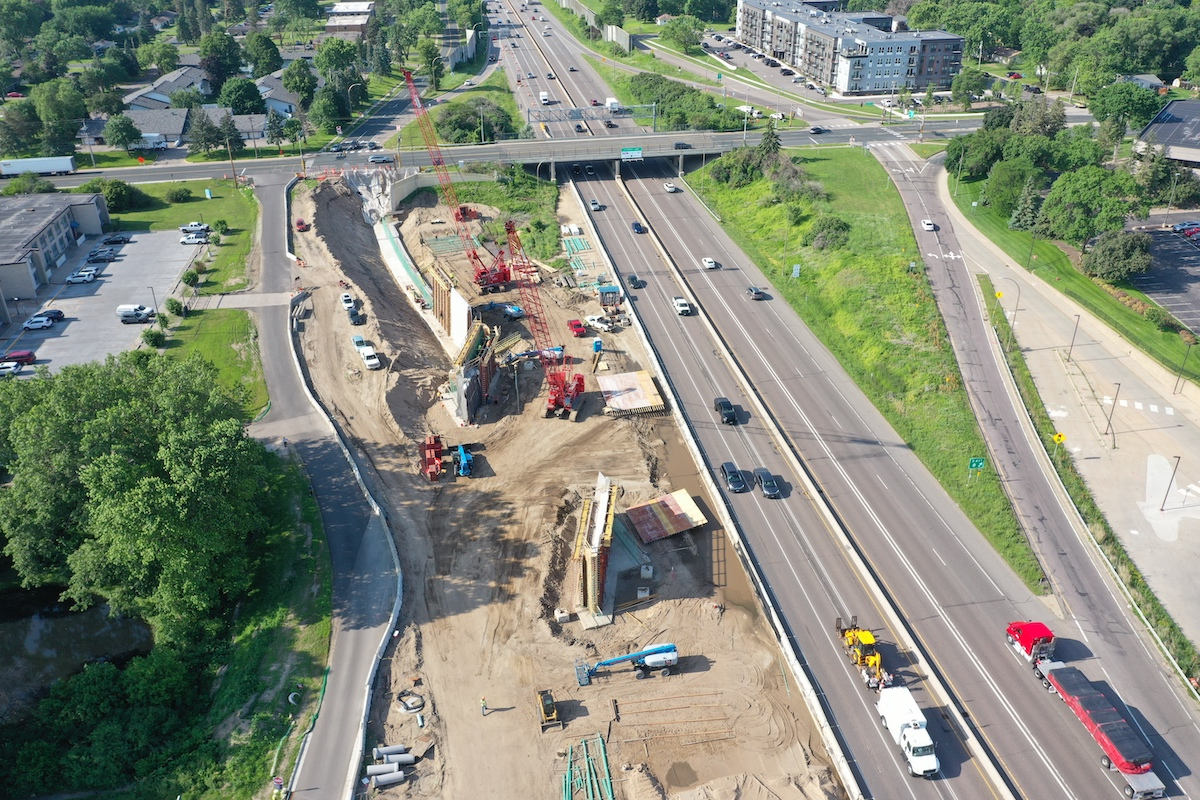“Our nation’s street and highway infrastructure is changing in real time, and there is no one with more experience and dedication to this work to help guide that transition than Gloria,” said FHWA Acting Administrator Stephanie Pollack. “Her expertise, commitment to mentorship of current and future transportation leaders, and the respect she has built over her long career position her to improve our transportation infrastructure as she leads FHWA as Executive Director. I look forward to seeing what she accomplishes in the years to come.”
Shepherd has dedicated her entire career to the transportation industry, beginning with holding executive level positions with the Maryland State Highway Administration and the New York Department of Transportation. She first joined FHWA as the Director, Office of Planning, a position where she spent eight years serving as the principal advocate for metropolitan and statewide planning and programs.
In 2007, Shepherd began her role as FHWA’s Associate Administrator for Planning, Environment, and Realty. In this position, she provided strategic oversight and executive leadership that advanced national transportation initiatives and advocated for workforce development, awards and recognition programs, and work life balance.
Shepherd obtained her Master of Law from Georgetown University, Doctor of Jurisprudence from Albany Law School, and Doctor of Arts from the University at Albany.

| Your local Gomaco dealer |
|---|
| Hayden-Murphy Equipment Co |
In a recent interview, Shepherd shared her knowledge and experiences gained over her more than two-decade-long career at FHWA and the goals she plans to accomplish in her new role as Executive Director.
Was there something that first sparked your interest in the transportation industry? If so, how did that help lead you to where you are today?
I’ve worked in the transportation industry for many years, and I’ve always considered the most important focus of our work to be how transportation impacts people and communities. While some people might think about transportation infrastructure from a physical perspective — things like highways, bridges, pavements, and concrete — there is also the human perspective. It’s about looking at transportation as a tool to connect communities and to ensure more Americans have access to opportunity. In the past, highways were built through communities without regard for the impact to those communities. That’s an approach that is out of step with today, and I am proud that the U.S. Department of Transportation (USDOT) is working to change that and correct those wrongs as we move forward. If we can use transportation to reconnect communities that have been historically divided, we are achieving something great.
What are some of the top priorities that you plan to accomplish during your time as Executive Director?
The first order of business will be continuing to implement new programs and changes to existing programs made possible by the more than $350 billion in funding under President Biden’s Bipartisan Infrastructure Law. I want to help this agency implement the law in a way that advances safe, efficient, equitable, and sustainable mobility choices for all, while strengthening the nation’s economy. We live in a once-in-a-generation time for our nation’s roads, bridges, highways, crosswalks, and bike lanes, and I’m looking forward to playing a role in making them safer, more reliable, and more resilient.

| Your local Komatsu America Corp dealer |
|---|
| Road Machinery and Supplies Company |
Additionally, it’s critical for FHWA to continue our strong focus on reducing the epidemic in roadway fatalities we’ve seen in recent years. The U.S. Department of Transportation’s National Roadway Safety Strategy is the department’s comprehensive approach to improve safety for all roadway users, including vulnerable road users such as pedestrians, bicyclists, and those using wheelchairs and scooters. We’ve played a major role in implementing elements of this strategy, and we will build on that work in 2023 and beyond.
We’re also working with states to reduce transportation-based carbon emissions at the same time that we harden our infrastructure to make it more resilient to the impacts of climate change. One of the most notable programs in the Bipartisan Infrastructure Law is the National Electric Vehicle Infrastructure program, which will provide $5 billion over five years to build a national network of EV (electric vehicle) chargers to make electric vehicles accessible to more Americans.
What advice would you give to someone, especially young women and/or people of color, who are entering the transportation industry?
Take advantage of programs that can help you improve and expand your skills and seek out those who have experience as mentors in the workplace. Personally, I can’t say enough good things about the resources and experiential knowledge available at FHWA for people just starting out and beginning their career in transportation. Our goal is for FHWA to be an employer of choice and a model for other federal agencies, especially when it comes to making sure that, as an agency, our workforce looks like the nation when it comes to our diversity.
What does it mean to you to be the first woman and the first African American to become Executive Director of FHWA?

| Your local Link Belt dealer |
|---|
| Hayden-Murphy Equipment Co |
I am humbled by the opportunity to serve as the Executive Director of FHWA. It does not fall short on me the enormous responsibility that comes with the position. I am grateful that history has allowed me to fulfill the dreams of my parents and relatives who have gone on and bent their shoulders low, so I could stand on them in this position of public service. I am confident that with the help of all the talented people who work with FHWA, we will not only fulfill our mission but reach new horizons. And as Executive Director, I intend to continue doing what I have done throughout my career: mentoring and fostering talented people so that they too can rise up through FHWA and USDOT to be today’s and tomorrow’s leaders.
This interview has been edited for length and clarity.














